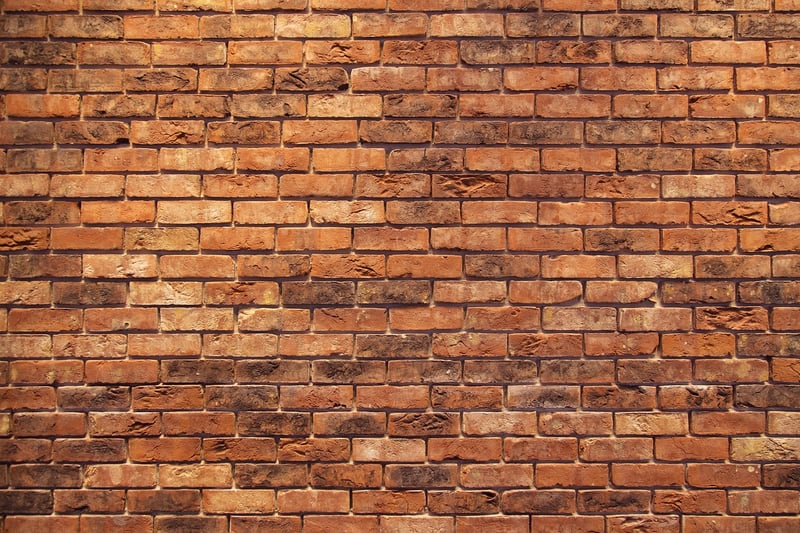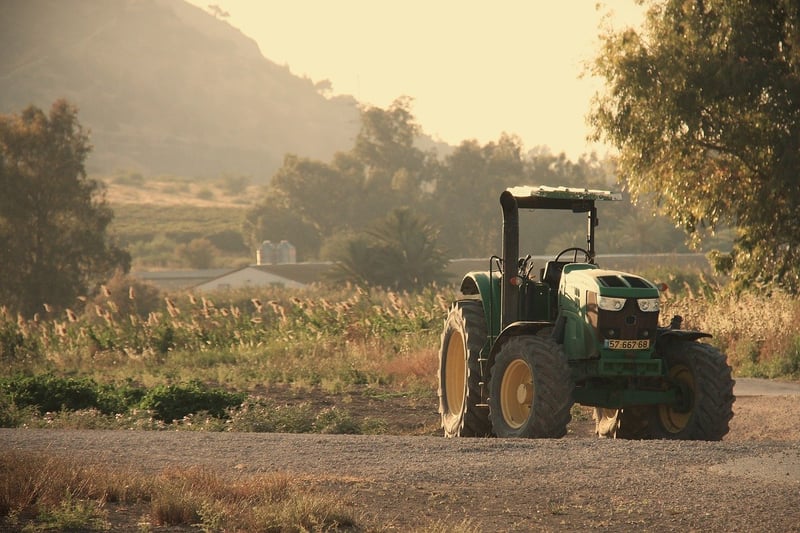Soil Problems
Dealing with Common Vertical Garden Challenges: Soil Problems
Vertical gardens are a popular choice for those looking to bring greenery into urban spaces or maximize limited gardening areas. However, like any garden, they come with their own set of challenges. One common issue that vertical gardeners face is soil problems. In this article, we will explore some common soil issues in vertical gardens and how to tackle them effectively.
1. Poor Drainage
One of the most common soil problems in vertical gardens is poor drainage. Excess water can accumulate in the soil, leading to root rot and other plant diseases. To improve drainage, consider using a lightweight, well-draining soil mix specifically designed for vertical gardens. Adding perlite or sand can also help increase drainage.
2. Compacted Soil
Compacted soil can restrict root growth and water infiltration. To prevent soil compaction, avoid walking on the garden beds and use a mix with added organic matter like compost to improve soil structure. Regularly aerating the soil with a small hand tool can also help loosen compacted areas.
3. Nutrient Deficiency
Vertical gardens can be nutrient-depleting due to their limited soil volume. To combat nutrient deficiency, consider using a slow-release fertilizer or incorporating organic matter into the soil. Additionally, regularly monitor plant health and adjust fertilization as needed.
4. pH Imbalance
The pH level of the soil can impact nutrient availability to plants. Conduct a soil test to determine the pH of your vertical garden and adjust it accordingly using products like lime to raise pH or sulfur to lower pH. Maintaining the right pH range can promote healthy plant growth.
5. Soil Erosion
Vertical gardens are susceptible to soil erosion, especially in windy or rainy conditions. To prevent soil erosion, consider using erosion-control blankets or planting ground-cover plants to stabilize the soil. Mulching can also help retain moisture and protect the soil surface.
Conclusion
By addressing common soil problems in vertical gardens proactively, you can create a healthy growing environment for your plants and ensure the success of your vertical garden. Regular monitoring, proper soil preparation, and timely interventions are key to overcoming soil challenges and enjoying a thriving vertical garden.

For more tips and tricks on vertical gardening, check out our Vertical Gardening Guide.
